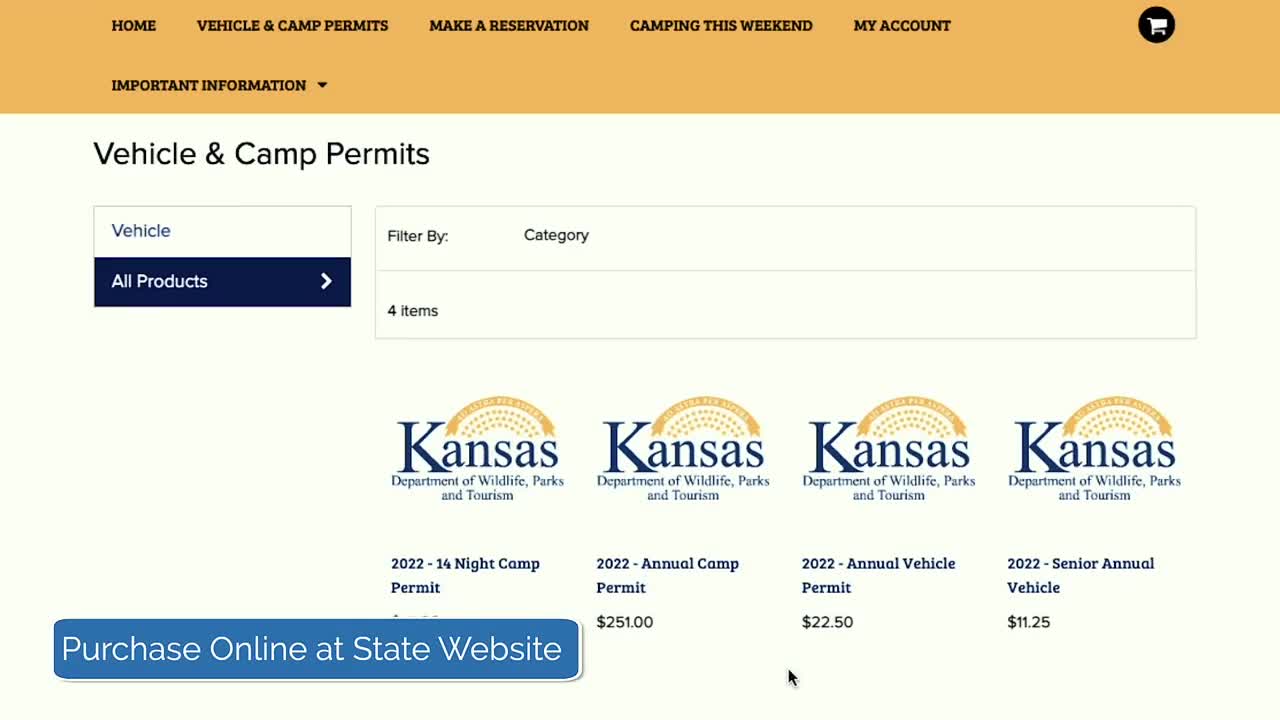Premium Only Content

What You Should Know About Camping At State Parks
Looking for a place to camp but not sure you want to fight the crowds at popular national parks? Try a state park instead. State parks are great places to get outside, camp, and explore, and they’re typically less crowded than national park destinations. They can also be more affordable and more accessible. Use Campendium to find state park options near you to start planning your next camping adventure.
Here’s what you should know about camping at a state park:
Affordable and accessible. Although state parks are usually smaller than national parks, they still offer scenic views, recreational activities, and camping options, and are less expensive.
Camping options. You’ll find a variety of camping options at most state parks. From tent camping and RVing to cabin rentals and glamping, there are plenty of ways to stay at state parks.
Day and annual passes. Most state parks charge a fee for vehicle entrance and camping. You can usually purchase passes online ahead of your visit, and oftentimes if you’re biking or walking into the park, there’s no entrance fee required.
Research reservation windows. Depending on the state, campsite reservation windows can range from a few months to a year in advance. Knowing when to reserve will help you book the campsite you want on the dates you want, especially at popular state parks with highly sought-after campsites.
Stay limits. Always check the stay limits at state parks when planning your trip and booking your site. The stay limits usually range from 14 to 30 days, but each state and each park will have different rules, so be in the know if you plan on staying for longer periods of time.
Amenities. Depending on the park, amenities can range from full hookup RV sites to shower facilities and picnic areas, while others might only offer more primitive camping options and minimal amenities. Research each park before you visit so you know what to expect during your stay.
Support local. Since state parks are operated by the state and not the federal government, they rely on entrance and camping fees to maintain the land and facilities within each park. By camping at a state park, you’re helping maintain that land for others to continue to enjoy.
Campfire safety. Always follow campfire regulations and burn bans, and be sure to only use designated areas and pits for your campfires.
-
 LIVE
LIVE
Steven Crowder
2 hours ago🔴 NYC Shooting Exposes Massive Hypocrisy From Mamdani & the Left
47,834 watching -
 LIVE
LIVE
The Rubin Report
49 minutes agoMidtown Tower Shooting Causes Resurfaced Bill Maher Clip to Go Viral
1,541 watching -
 LIVE
LIVE
LFA TV
13 hours agoLFA TV ALL DAY STREAM - TUESDAY 7/29/25
4,844 watching -
 LIVE
LIVE
Bannons War Room
5 months agoWarRoom Live
19,402 watching -
 LIVE
LIVE
JuicyJohns
3 hours ago $1.07 earned🟢#1 REBIRTH PLAYER 10.2+ KD🟢 !loadout
114 watching -
 8:36
8:36
Warren Smith - Secret Scholar Society
1 day agoTikTok's Biggest Political Star Goes Too Far & Blows Up His Own Career
1.02K10 -
 DVR
DVR
VSiNLive
1 hour agoA Numbers Game with Gill Alexander | Hour 1
9 -
 LIVE
LIVE
The Big Mig™
3 hours agoAct Blue, Magic Mortgage Money Laundering Scheme
5,121 watching -
 2:03:57
2:03:57
Matt Kohrs
10 hours agoMARKET OPEN: Stocks Rocket, Trade War News & Earnings Season || Live Trading
11.6K2 -
 1:25:02
1:25:02
Dear America
3 hours agoHere’s EVERYTHING We Know About The “White” NYC Shooter… + Trump Secures MAJOR Deal With EU!!
112K98